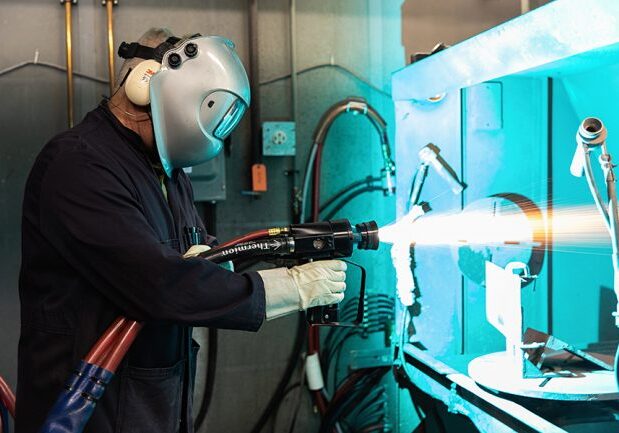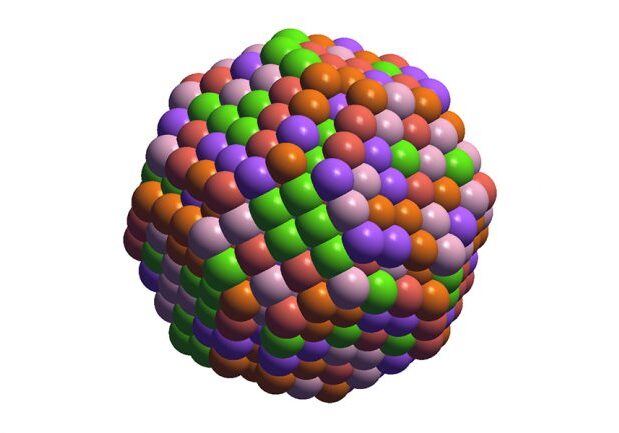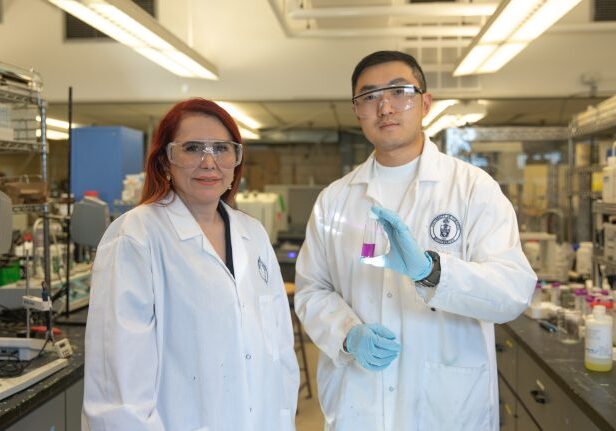
This new, more sustainable method for recycling lithium-ion batteries could help meet electric vehicle demand
U of T Engineering researchers are using supercritical carbon dioxide to recover lithium, cobalt, nickel and manganese from end-of-life lithium-ion batteries
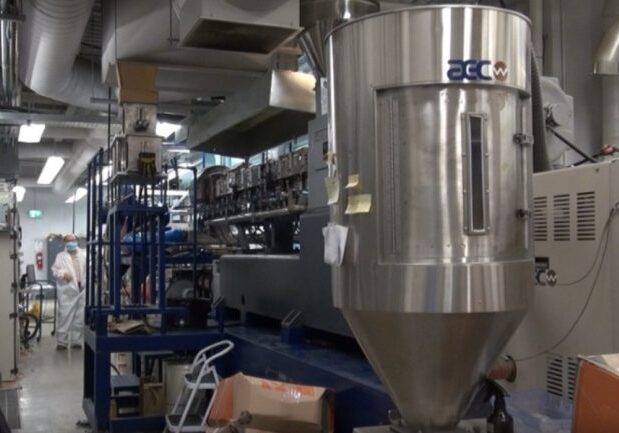
U of T Engineering and Ford partnership introduces new sustainable material into the automotive industry
Professor Mohini Sain’s team worked with Ford Motors Canada to create a Carbon Fibre-Composite 5.0L Engine Timing Cover
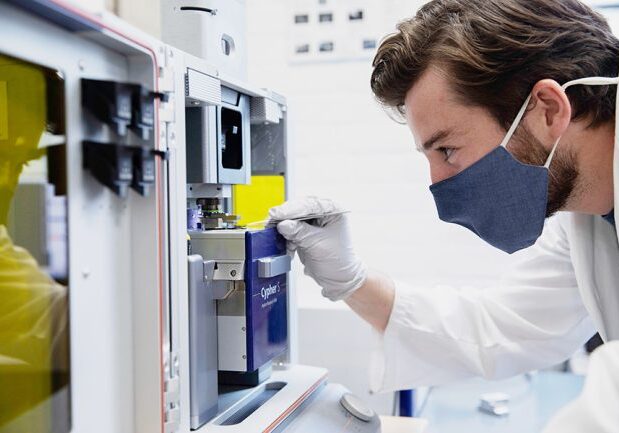
Graphene-like 2D material leverages quantum effects to achieve ultra-low friction
Magnetene could have useful applications as a lubricant in implantable devices or other micro-electro-mechanical systems

Nature-inspired coatings could power tiny chemistry labs for medical testing and more
A new system of polymer brushes may enable lab-on-a-chip devices to handle more than just water

Human-powered tech: Connaught Global Challenge Award boosts research into battery-free wearable and implantable devices
Professor Kamran Behdinan aims to create a multidisciplinary global network of experts in the field of energy harvesting for biomedical applications
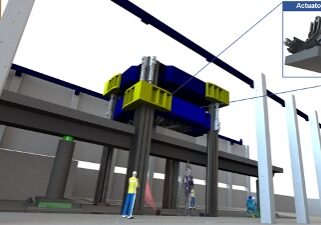
Disaster-proof: Major lab upgrade lets engineers design structures that can better withstand earthquakes, hurricanes and tsunamis
Canada Foundation for Innovation funds major overhaul to U of T Engineering’s Structural Testing Facility, unique in the world
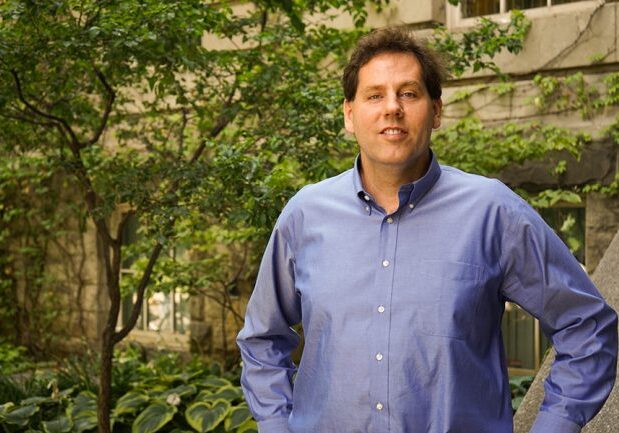
Professor Vaughn Betz elected to the National Academy of Inventors
Award recognizes outstanding inventions that have made a tangible impact on society

